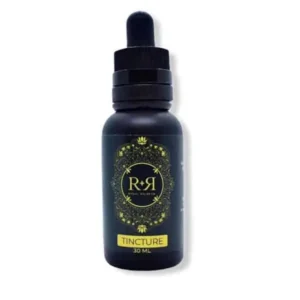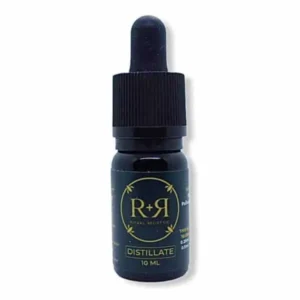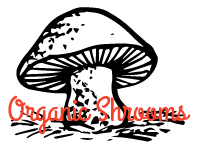Mushroom Micro Dose
Microdosing psychedelics is the practice of consuming very low, sub-hallucinogenic doses of a psychedelic substance, such as lysergic acid diethylamide (LSD) or psilocybin-containing mushrooms. According to media reports, microdosing has grown in popularity, yet the scientific literature contains minimal research on this practice. There has been limited reporting on adverse events associated with microdosing, and the experiences of microdosers in community samples have not been categorized.
Methods
In the present study, we develop a codebook of microdosing benefits and challenges (MDBC) based on the qualitative reports of a real-world sample of 278 microdosers.
Results
We describe novel findings, both in terms of beneficial outcomes, such as improved mood (26.6%) and focus (14.8%), and in terms of challenging outcomes, such as physiological discomfort (18.0%) and increased anxiety (6.7%). We also show parallels between benefits and drawbacks and discuss the implications of these results. We probe for substance-dependent differences, finding that psilocybin-only users report the benefits of microdosing were more important than other users report.
Conclusions
These mixed-methods results help summarize and frame the experiences reported by an active microdosing community as high-potential avenues for future scientific research. The MDBC taxonomy reported here informs future research, leveraging participant reports to distil the highest-potential intervention targets so research funding can be efficiently allocated. Microdosing research complements the full-dose literature as clinical treatments are developed and neuropharmacological mechanisms are sought. This framework aims to inform researchers and clinicians as experimental microdosing research begins in earnest in the years to come.
Showing all 9 results
-

Daily Ritual Tincture
$70.00 Add to cart -

Microdose: Boost
$30.00 – $150.00 Select options -

Microdose: Focus
$30.00 – $160.00 Select options -

Microdose: Mellow
$30.00 – $150.00 Select options -

Microdose: Neuro (Lions Mane and Niacin)
$30.00 – $150.00 Select options -

Microdose: Nirvana
$30.00 – $160.00 Select options -

Organic Bloom Microdose: Variety Pack
$135.99 Add to cart -

Ritual Relief Daily Ritual Macrodose Tincture
$99.99 Add to cart -

Ritual Relief Pure Distillate
$199.99 Add to cart
